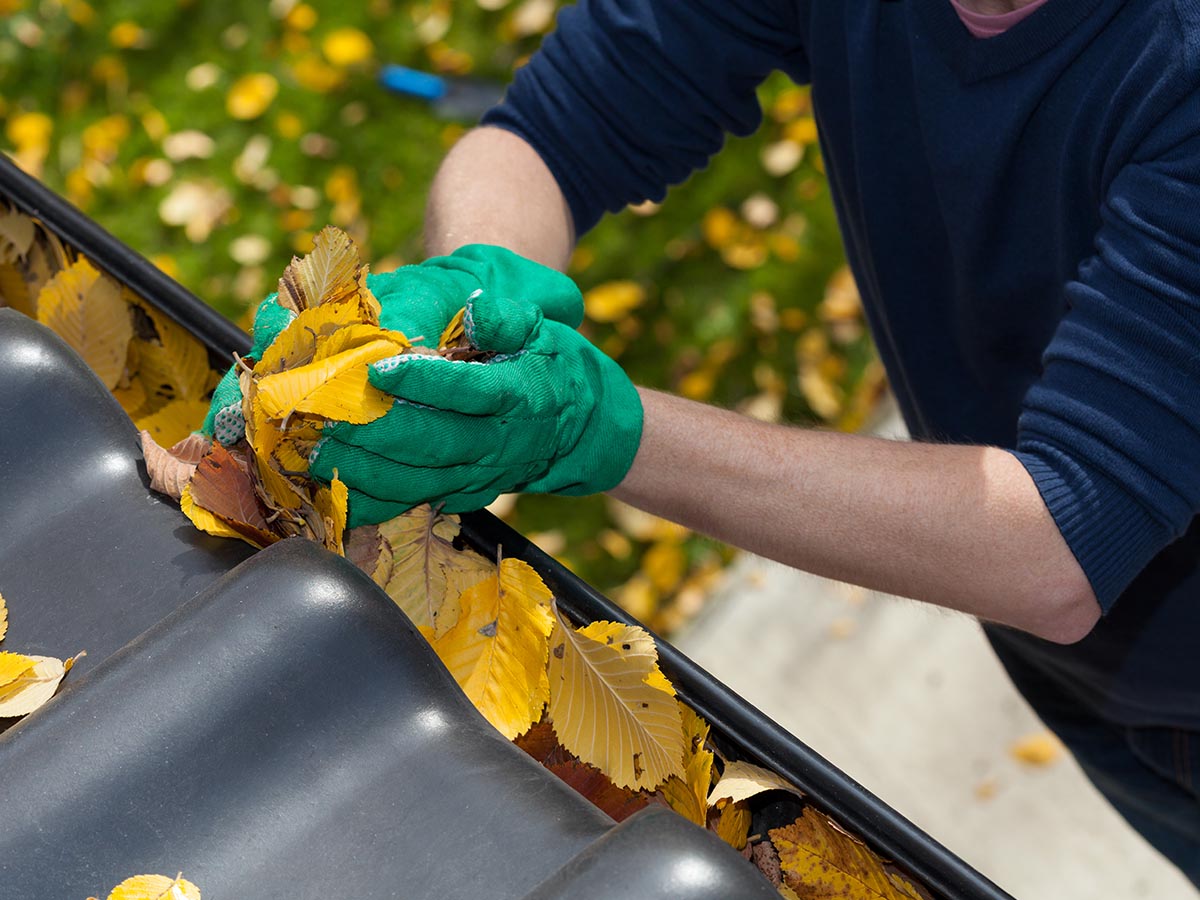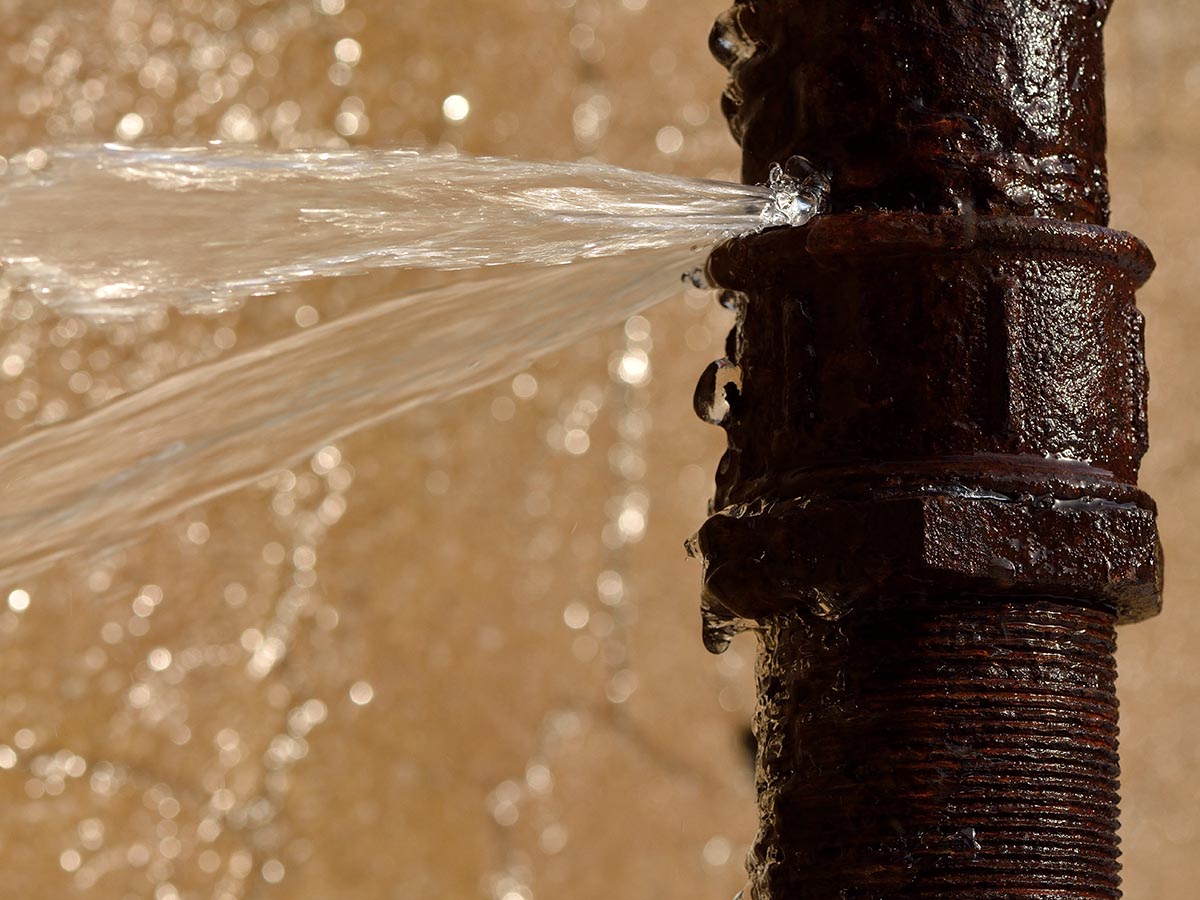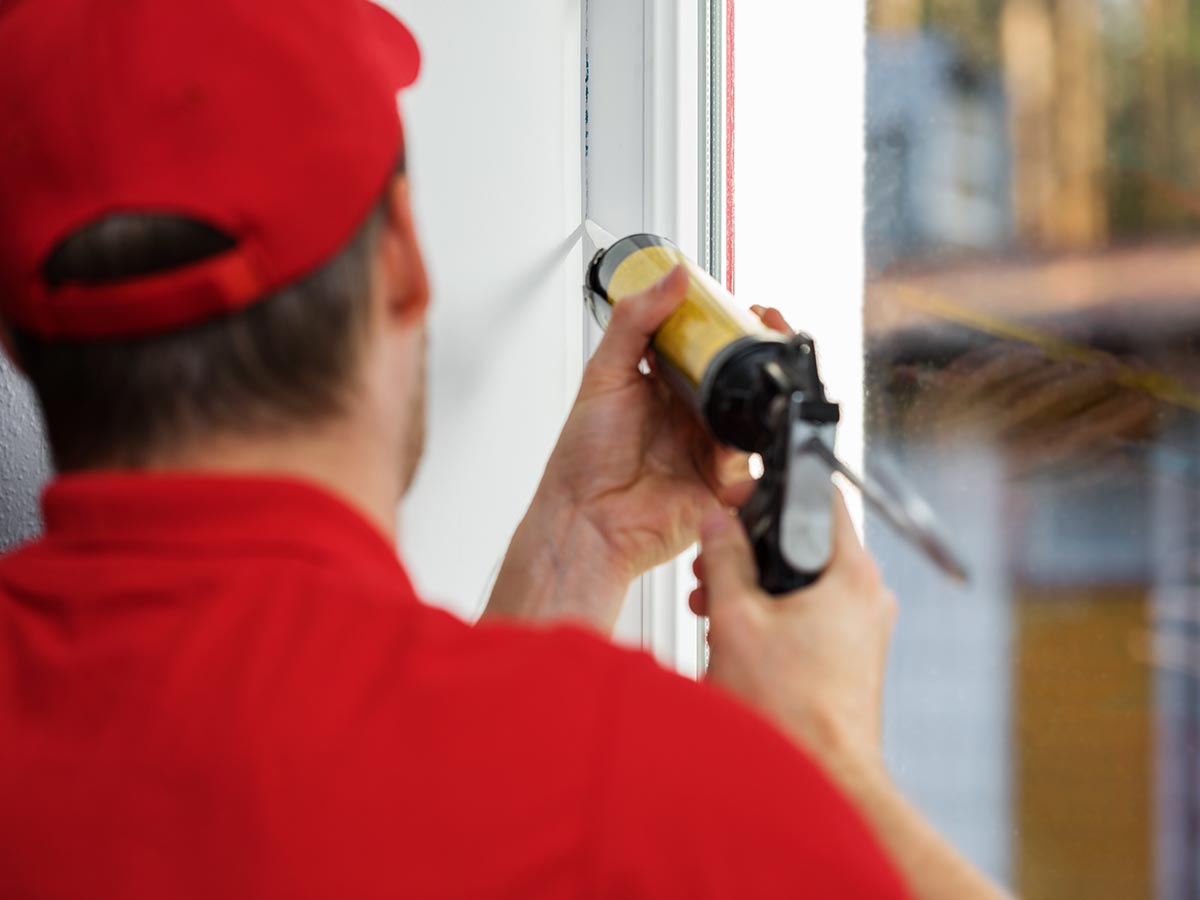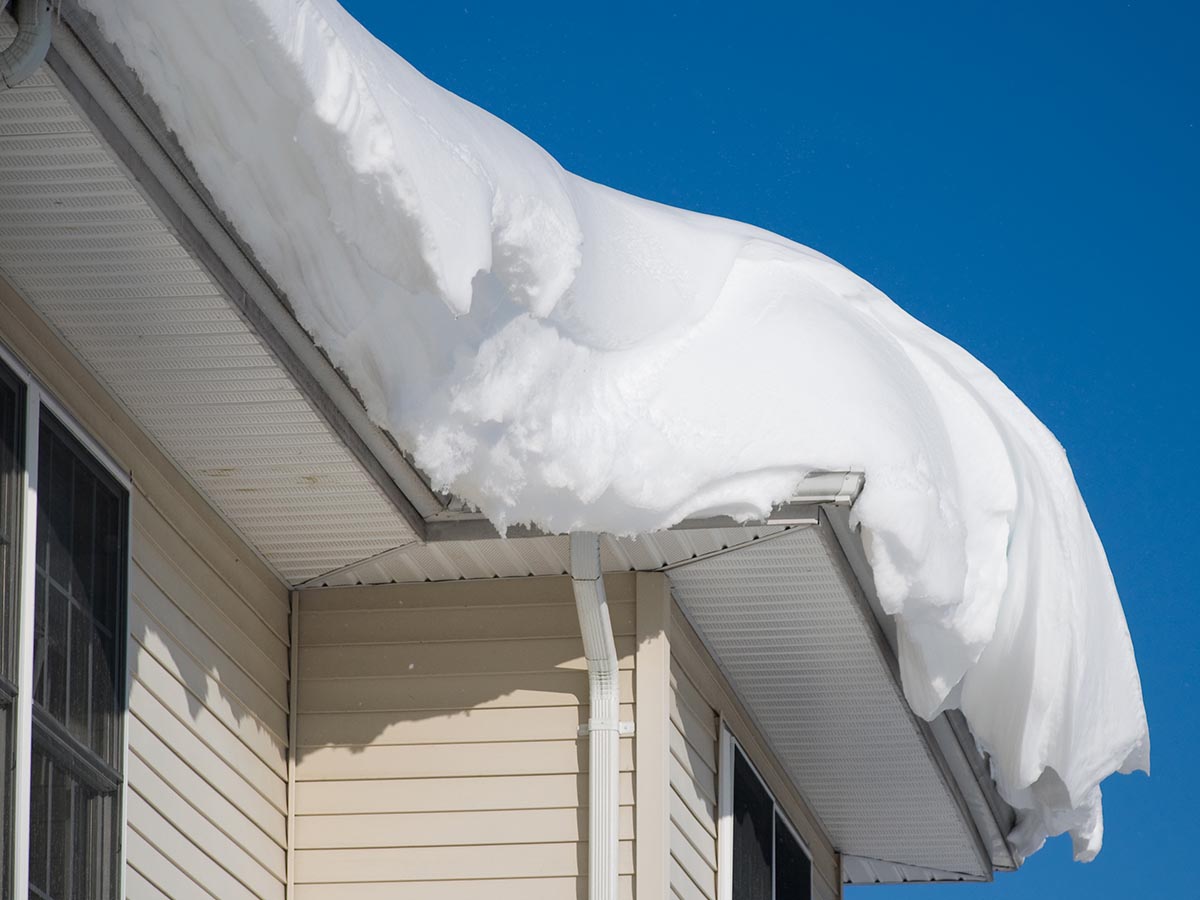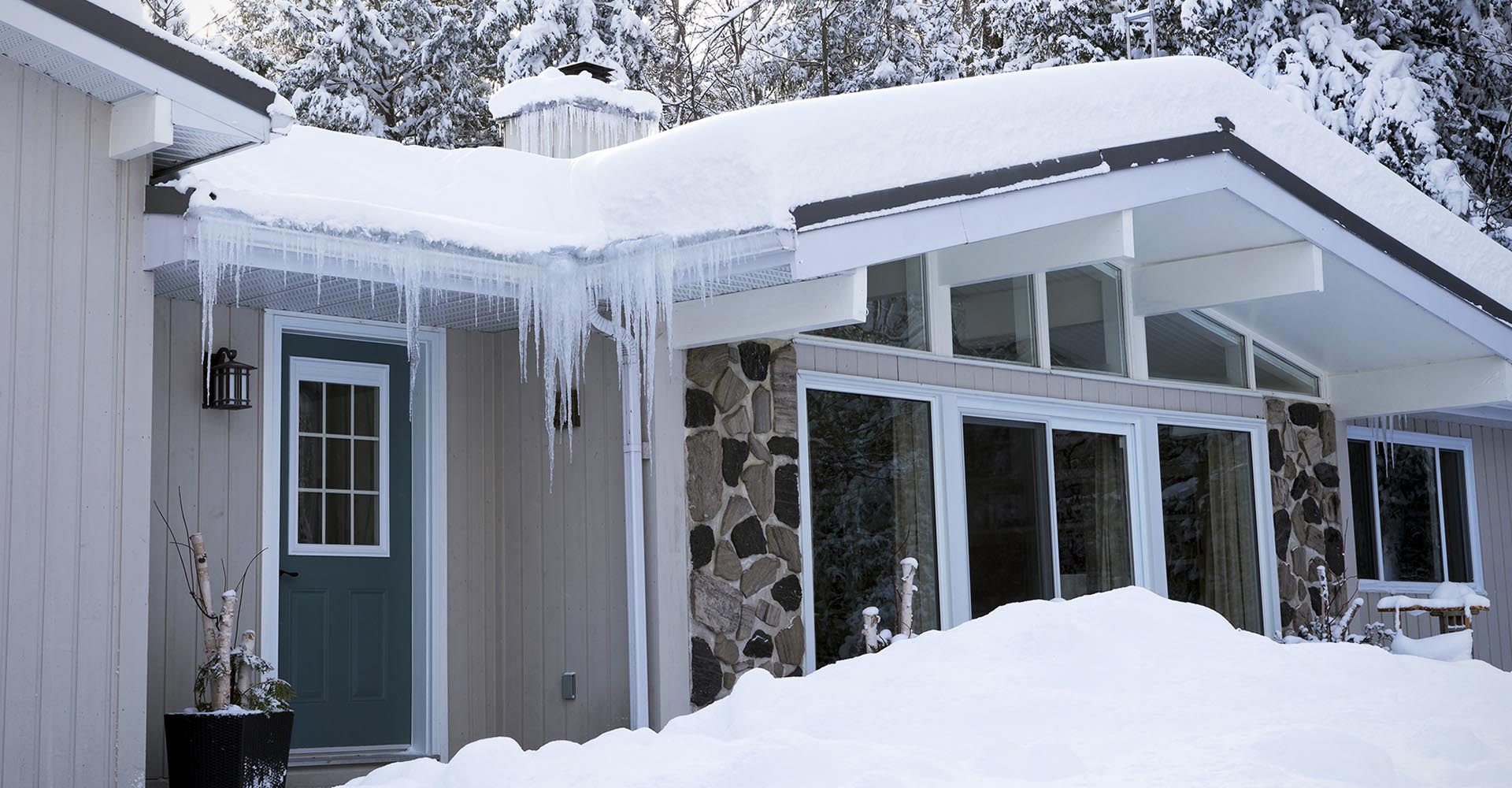
Clean Your Gutters
Clogged gutters can cause water to back up and freeze, leading to roof damage. Ice dams can form, which will cause water to seep into your home and damage the roof, ceilings, walls, and insulation. Clean your gutters before winter arrives to prevent this from happening.
Protect Your Pipes
Frozen water can cause home damage, which in turn can lead to house insurance claims. Frozen pipes are common during winter months—especially if you live in a colder climate. Insulate your exposed pipes to prevent them from freezing and causing home damage. Use foam insulation or heat tape to protect the plumbing running through crawl spaces, exterior walls, and attics.
Seal Windows & Doors
Unsealed windows and doors can let cold air in and warm air out, which can cause your home’s heating bills to skyrocket. Sealing windows and doors is an easy way to keep the heat in and the cold out. Use caulk or weather-stripping to seal any cracks around windows and doors.
Clear Your Roof Of Excess Snow
Excess snow on your roof can cause home damage, which in turn can lead to home insurance claims. Clear off the top layer of snow during winter storms before it has a chance to freeze into ice and add more weight to your home’s rooftop. This will prevent home damage from occurring—and save you money by preventing house insurance claims.
Contact Us Today
Home insurance claims can be prevented by doing these things: clean your gutters, protect exposed pipes, seal windows and doors, and remove excess snow from the rooftop. Contact us to get started on your new home insurance policy today!

